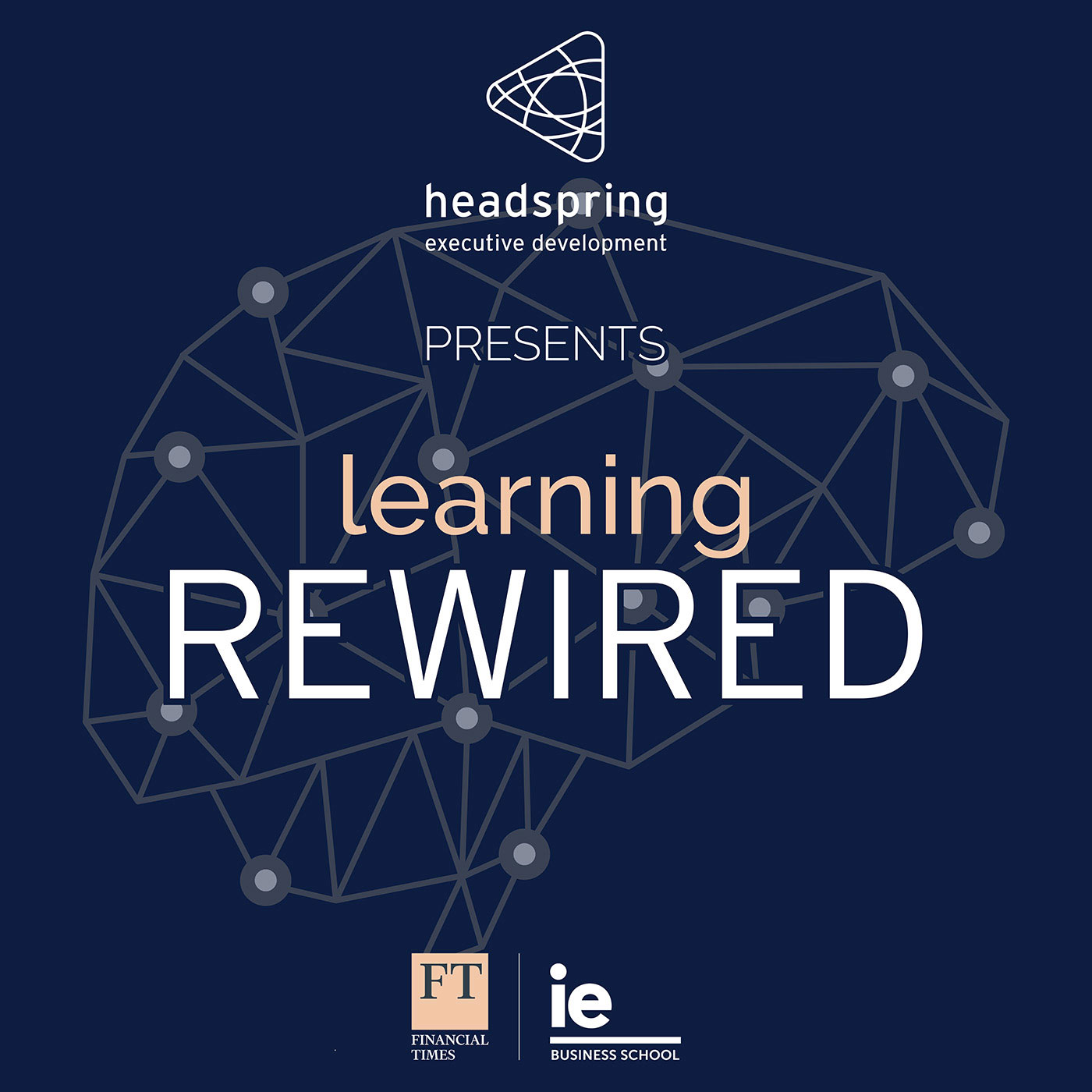- Learning Rewired Podcast
EMBRACING THE EVOLUTIONARY CAREER
In this fast-moving interview, we explore the death of the linear professional path and consider the prospects of the evolutionary career.Listen on Spotify Listen on Apple Podcasts

#17 Embracing the Evolutionary Career
Beth Davies is the former Director of Learning at Tesla and host of the super-popular Career Curves podcast, sharing a progressive voice in the domains of HR and L&D.
In this fast-moving interview, we explore the death of the linear professional path and consider the unbridled prospects of the evolutionary career.

Beth Davies
Beth Davies is the former Tesla Director of Learning, and an expert in cultivating company culture, workforce scaling, leadership development, focusing the organisation on customer-centricity and innovating within human resources.
She has spent over 25 years at some of the well-known global innovative companies such as Tesla, Apple, Microsoft, and Gap, working in senior leadership roles. Having led the Learning and Development at Tesla for six years, she evangelized the company culture to protect it from being diluted by the rapid growth.
Davies is an advisor to EdTech startups, a lecturer of Talent Development & Human Resources master’s program at IE University, and a keynote speaker at various conferences around the world including the World HR Forum. She is also a host of the popular Career Curves podcast where she shares the progressive voices in the realm of Human Resources and Learning and Development.
Learn more about Beth DaviesIn this Episode...
For some people it’s comforting to have a sense of a linear path, the idea that everything's been mapped and you know where you going and what to do to get there. Are some people just naturally born for that kind of perspective? There are people who like the comfort of a plan and a clear cut plan. And I would say that's okay. Whoever you are, and how you are is okay, and it's a great place to be and work from there. What I would say is that there are some ways of thinking as a planner, that may cause you to be stuck. And so you need to recognise that. And so if you are that planner, plan, a couple of steps, and maybe have a long term goal that can allow for options, but then at the same time, recognise that you may need to pivot and step off the exact path that you plan. So stay open to that possibility.
Is adaptability a capacity that some people just naturally have? Can we train adaptability? I definitely think it can be trained. It’s about being able to recognise when you're reaching a plateau, and therefore need to make a change. At some point it's very normal that we start to plateau in a particular job. Those plateaus can be because we're getting bored, because we are doing things the way we have always been doing and we're not learning anymore, or maybe there's some new technology that we should have been learning and we've been resisting, or we're not building new relationships because we've gotten comfortable with our existing ones, but we start to plateau.
We need to recognise those plateaus, so that we can take control of our career, adapt and accelerate ourselves into another kind of upward trajectory to make an impact.
How can we recognise that we are at a plateau in a company? Recognising our work doesn't connect to the mission or the goals of the company as much anymore, or that we're no longer improving speed or efficiency or making money for the company. When our impact is waning. But also on some very personal levels, if we aren't learning anymore, if we're not thriving anymore, if we're doing a lot of busy work, but don't feel like we're accomplishing. These are signs that our impact is waning, and that it's time for us to say, “let me lift up my head and figure out what's next?” and “how can I proactively make a move” before I actually start to kind of shrivel up and die on the vine?
What is the evolutionary mindset? How to take everything you’ve known and done, and evolve it and couple it with something else in your life that you are passionate about, and further enriching your life. And further giving back and contributing to others. And when we can think about for all of us evolving in that kind of a way, that's pretty powerful and pretty exciting.
In a place of fear, it's difficult to adopt the evolutionary mindset. What are your suggestions on kind of the first steps? What I would recommend is to think about “the next”. Just that, “what is my right next move?”. The paralysis is when we then start to evaluate “is that next move going to”, “how is it going to set me up for this in this in this”, but if you can just focus on the right next move, it allows you to think in some very realistic terms.